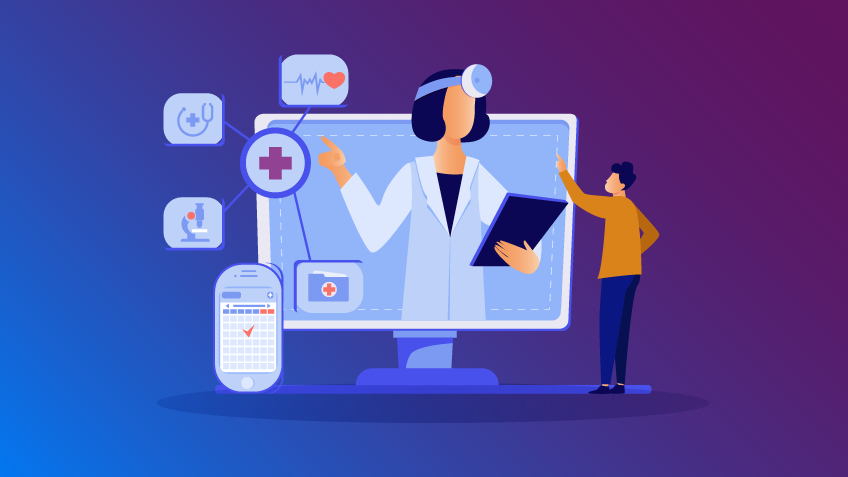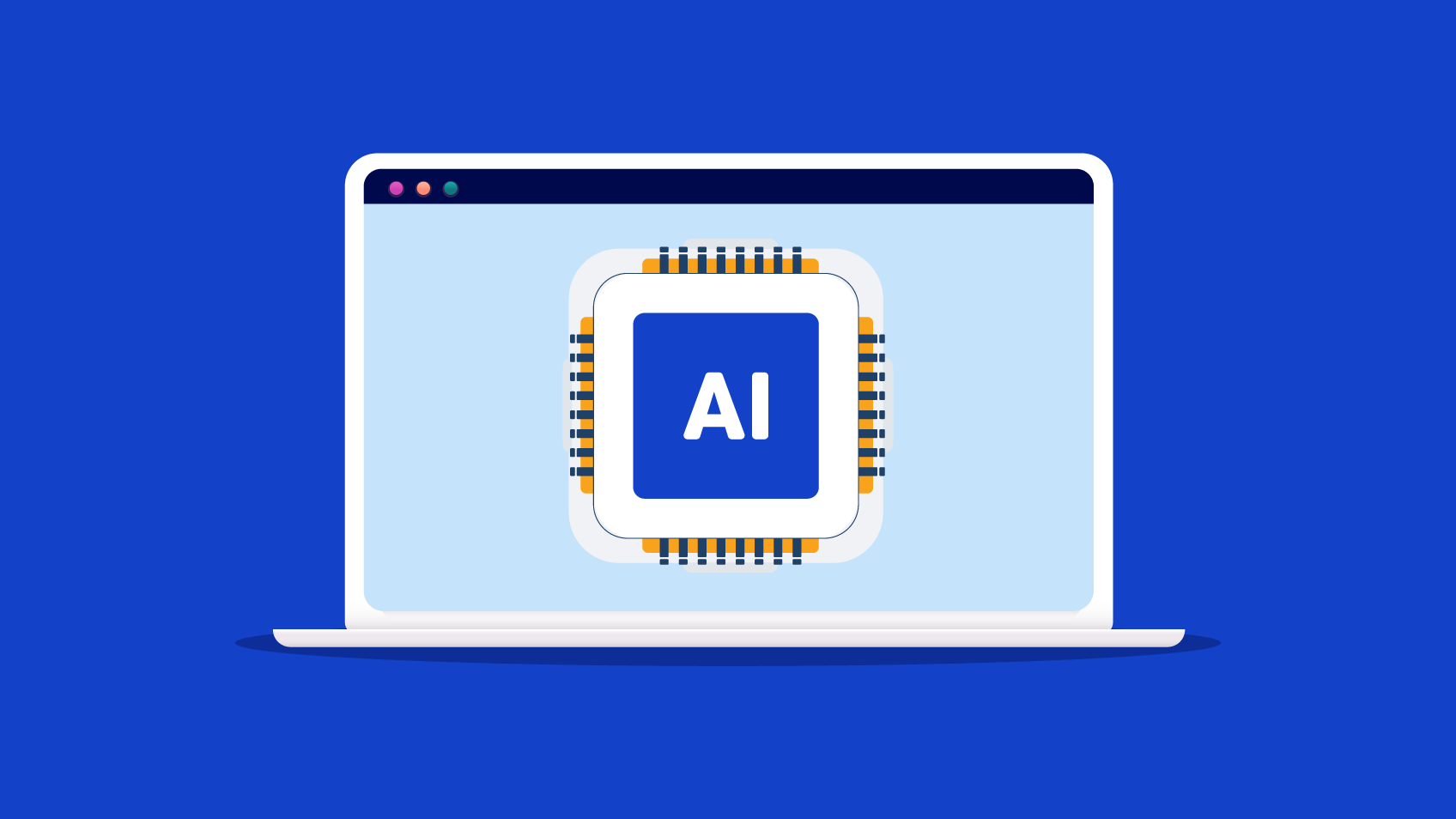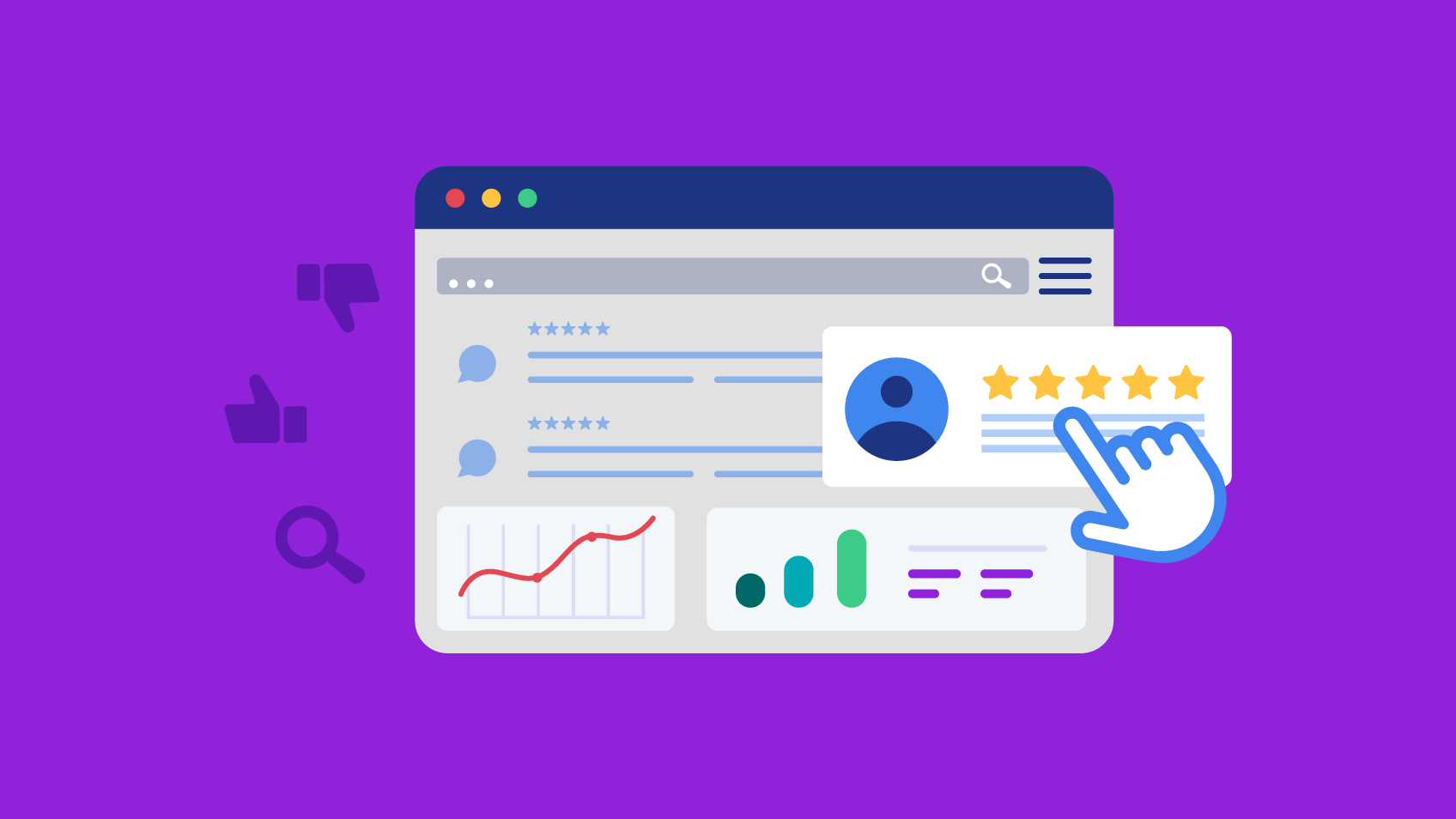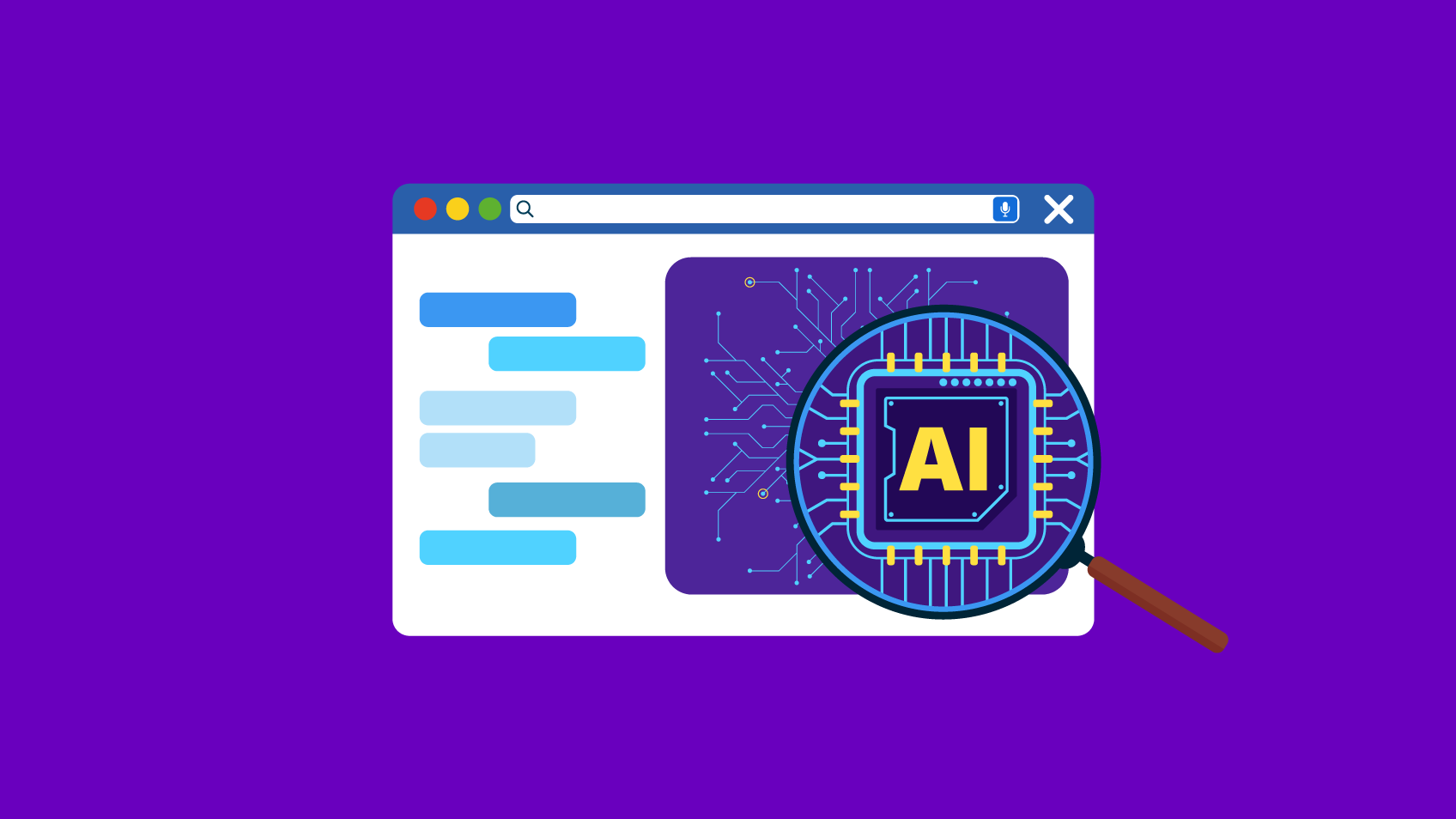One of the industries most affected by the pandemic was the healthcare industry. The global pandemic has put immense pressure on national health services globally, filling hospitals to the brim with people in need of urgent and immediate care. Additionally, the usual activity and the existing people who already needed care due to other illnesses could not be ignored. These people also needed continued care. This pandemic has put pressure on the many professionals who had to work long hours to counter the lack of human resources, often putting their own health at risk, and being limited by the available infrastructures of different health services in different countries.
Healthcare professionals are a crucial element in society to ensure continued support for the health and well-being of all citizens. We recognise their fundamental role: prooved by the countless tributes paid to healthcare workers during the first lockdown. They work in a highly complex environment and under conditions of high personal risk. They often do not have all the necessary resources to carry out their work with total efficiency. Doctors, nurses, and other medical teams working in the healthcare sector need robust and flexible tools to provide the best care available to their patients.
The pandemic was responsible for accelerating a large-scale digitalisation of different processes in multiple industries. The healthcare industry was no exception – in fact, one of the opportunities the global pandemic offered us was to put in practice the rapid digitalisation of this industry by finding new ways to provide patients with the best healthcare services, even from a distance. A practical example was the accelerated growth of telemedicine during the first wave of the pandemic. According to Statista, in 2019, the telemedicine market was valued at 49.9 billion dollars. By 2030, it’s projected to reach 460 billion dollars.
Digital health – a new paradigm in healthcare
Although we have a lot to regret as a consequence of this pandemic, one of the lessons we can learn from this event is that technology and the digitalisation of certain processes offer countless benefits to institutions whose priority is to take care of health and well-being of patients. Various technologies are currently being used in favour of a consistent improvement in healthcare: Artificial Intelligence (AI), Cloud, Big Data and automation technologies are just a few of them.
The purpose of digitalisation, in any sector or industry, is to improve and even increase the productivity and operational efficiency of an organisation’s different departments. It is about simplifying and automating different processes; processes that before were dependent on human intervention or being based on non-digital tools that were inconvenient and not very agile.
Automating processes has numerous benefits for a sector such as healthcare: it can offer different mechanisms to improve customer service in a more easily scalable way. The purpose of automating different processes, however, should always be user-centred. When we think about health digitalisation, we should consider how the patient will benefit from using these services. The goal should be to offer greater autonomy to the patient, offering the possibility of scheduling an appointment or an exam through a digital channel, for example, or even provide a dedicated portal where the patient can consult all their history. Several moments in the customer journey can be digitised and automated so that they aren’t dependent on people – the check-in and check-out moments, for instance, can be optimised using technology.
On the other hand, by using automation to generate internal efficiencies, we will also be able to improve the user experience. By digitally transforming processes, it becomes possible to find new ways to manage patients’ personal information, speed up diagnosis and make it more accurate, streamline communication across multidisciplinary teams so that they have a holistic view of their patient’s symptoms and history, sharing reports and medical examinations digitally, among other processes.
The future of healthcare is also digital, and the industry landscape is changing due to the constant innovations that technology allows. We know that technology is already pervasive in different industries. As consumers, our level of acceptance of digital tools is increasing. Thus, as digital and physical become intertwined, we will find it increasingly natural to function in a hybrid model, where “going to the doctor” no longer necessarily means going to a hospital, waiting our turn in queues to find a doctor across the desk ready to listen to our ailments. In the future (one rapidly approaching), we will discover integrated healthcare services with more and better information about our clinical history and, more importantly, a more personalised service.
Reach out to us today to find out how you can use the different technologies we mentioned and take a step forward towards that future.

Digital Xperience Evangelist – Xpand IT















